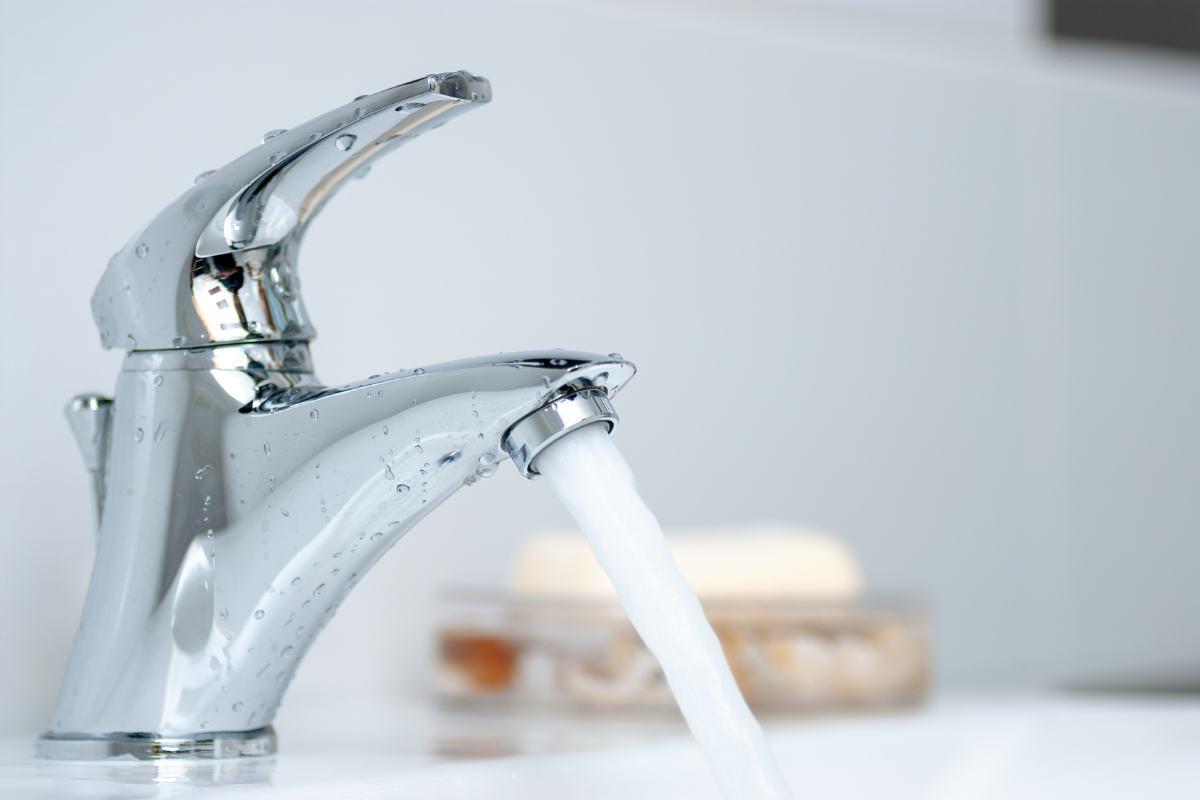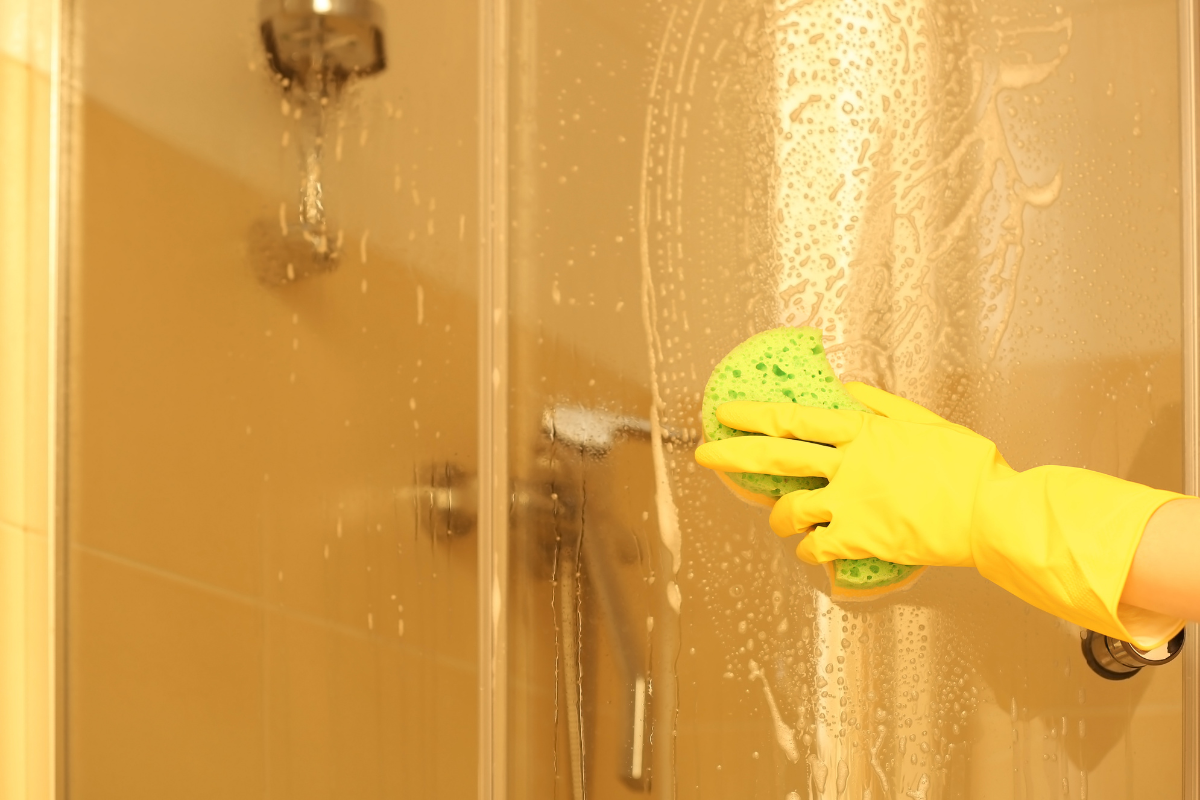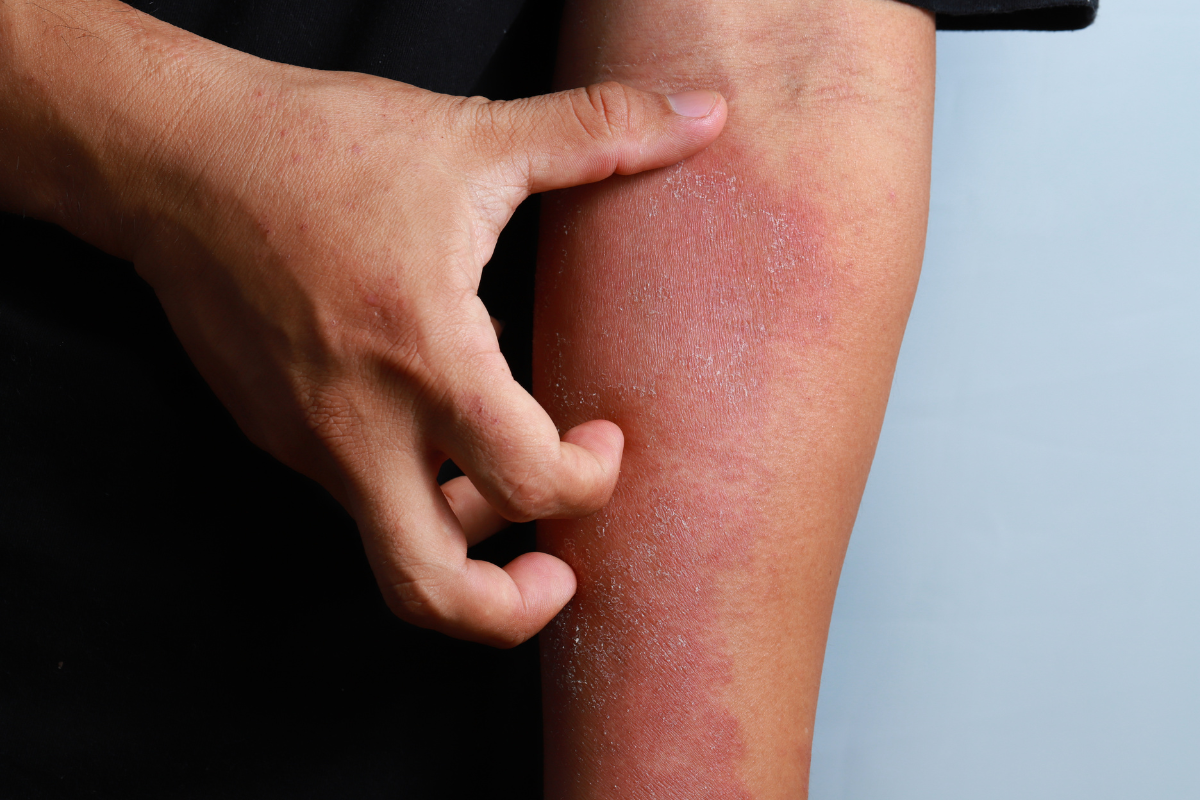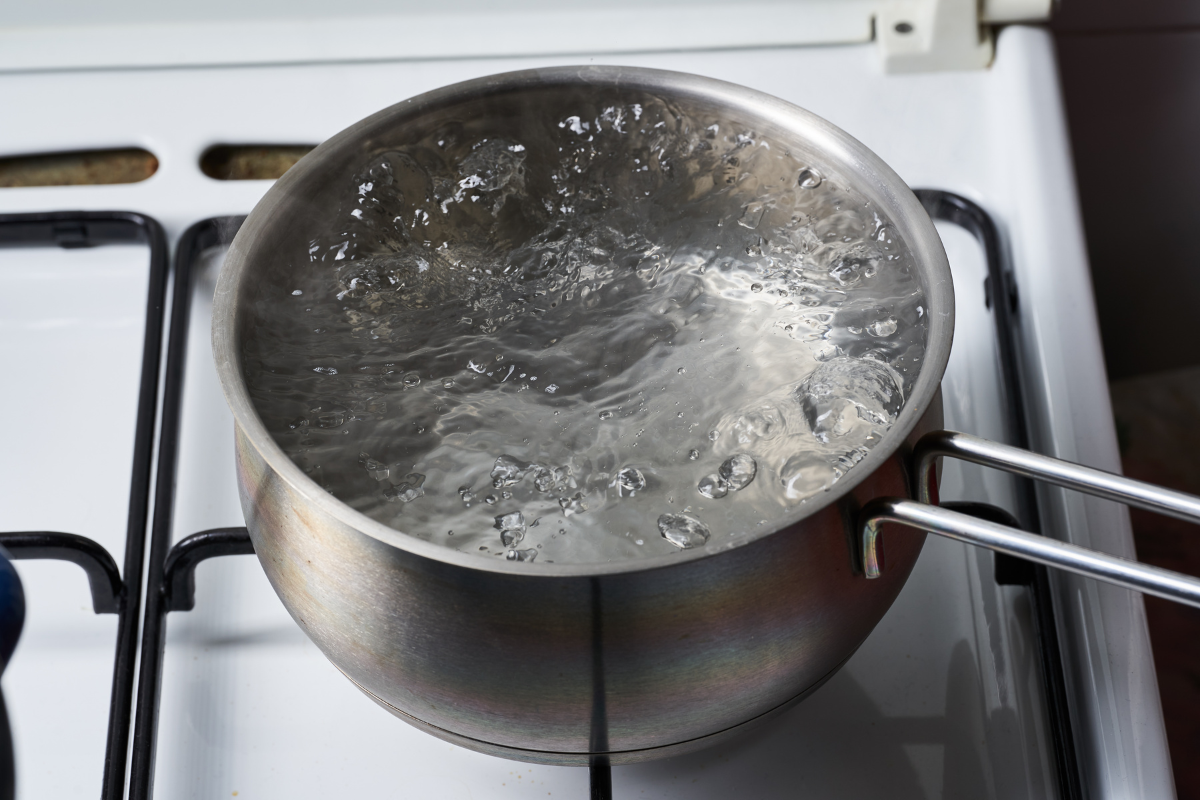What Are Nitrates In Water?
The presence of nitrates in water has been increasing since the mid-1920s, primarily due to the use of nitrogen-based fertilizers to increase crop yields. While some nitrates are important for plant and animal growth, excessive amounts are harmful and can even cause cancer. Read our article to learn how, exactly, nitrates make their way into drinking water and how you can safely and effectively remove them.
What Are Nitrates in Water?
Nitrates are compounds that consist of a salt, such as sodium or potassium, bound to an ion containing a central nitrogen atom and 3 oxygen atoms. They occur naturally in large deposits, especially in dry desert climates.
Nitrates in water are primarily a byproduct of a microorganism called nitrifying bacteria. These bacteria are so-called because they get their energy by oxidizing nitrogen, usually in the form of ammonia.
Nitrates can also find their way into groundwater via lightning strikes, which oxidize naturally occurring nitrogen into nitrate and nitrous ions. These are washed away by rain or other precipitation.
What are Safe Levels of Nitrates in Drinking Water?
According to the
U.S. Environmental Protection Agency, drinking water with concentrations of nitrate (measured as nitrate-nitrogen) below 10 milligrams of nitrate per liter of water (mg/L) is considered safe.
That being said, it is important to remember that the EPA has not updated its standards for safe contaminant levels in more than twenty years. Furthermore, the original “safe” levels were established to prevent one specific health outcome called methemoglobinemia, or “Blue Baby Syndrome” (see below). Other potential health risks were not considered when the original standards were set.
The
Environmental Working Group has set its own standard far below that of the EPA: 0.14 mg/L is associated with a one in a million cancer risk, according to independent, peer-reviewed research.
How Do Nitrates Get Into Our Water?
In addition to natural sources (see above), nitrates get into the water in a few ways:
- Fertilizer
- Landfills
- Septic tanks
- Industrial runoff
- Medical waste
Rainwater, snowmelt, and other precipitation wash these nitrate-containing compounds away from the source, eventually seeping into groundwater.
How Do Nitrates in Water Affect the Body?
Small amounts of nitrates are not harmful and are, in fact, necessary for proper growth and development. Ingestion of nitrate can improve nitric oxide levels, for example. Nitric oxide is a molecule that regulates the central nervous system in combination with other molecules, and can improve both brain function and general cognition. There is also research to show that nitrates, in moderation, can improve cardiovascular health. Nitrogen is commonly found in leafy greens, which are, of course, a recommended daily source of nutrients.
However, excess amounts of nitrates in the body can lead to health concerns. Originally, these concerns were limited to infants. Nitrates are thought to be a cause of a life-threatening condition called Blue Baby Syndrome, wherein a child’s cells cannot produce enough oxygen.
Nitrates are still associated with Blue Baby Syndrome, although there are other more prevalent causes. Current research focuses on the additional risks presented by nitrates in water, namely:
- Neural tube defects
- Thyroid problems
- Colorectal cancer
- Bladder cancer
- Breast Cancer
Alarmingly, many instances of nitrate-associated cancers were found to exist at levels below the EPA standards.
How Do Nitrates in Water Cause Cancer?
A high concentration of nitrates in water, in combination with amines and amides, can form N-nitroso compounds (NOC), which are known to
cause cancer and birth defects. NOCs are highly reactive and can affect the DNA of certain tissues in the body, causing it to change its structure and trigger the formation of tumors.
How Do You Remove Nitrates From Water?
Mandatory state or federal farm regulations, which target high-pollution farms, would reduce nitrates in drinking water, but these practices are not closely followed in some communities. You can check the nitrate level in your water supply with this interactive map, here to review current measurements.
The only sure way to effectively and economically remove nitrates from your home’s water supply is via a water filtration system. The best type of filter for nitrate removal is a reverse osmosis (RO) system. RO filters not only remove nitrates, but a long list of other potential contaminants as well. This includes:
- Metals, like copper, chromium, and lead
- Fluoride
- Radium
- Sulfate
- Phosphorous
Reverse Osmosis Filtration in Denver
The WaterPros is one of the best water softener and filtration installation specialists in Colorado, servicing Denver and all its surrounding areas. Clean water is a right, not a privilege. We are proud to extend some of the most affordable systems in the state to make contaminant-free water more readily available. Call or go online today to get a free quote or to ask any questions.









